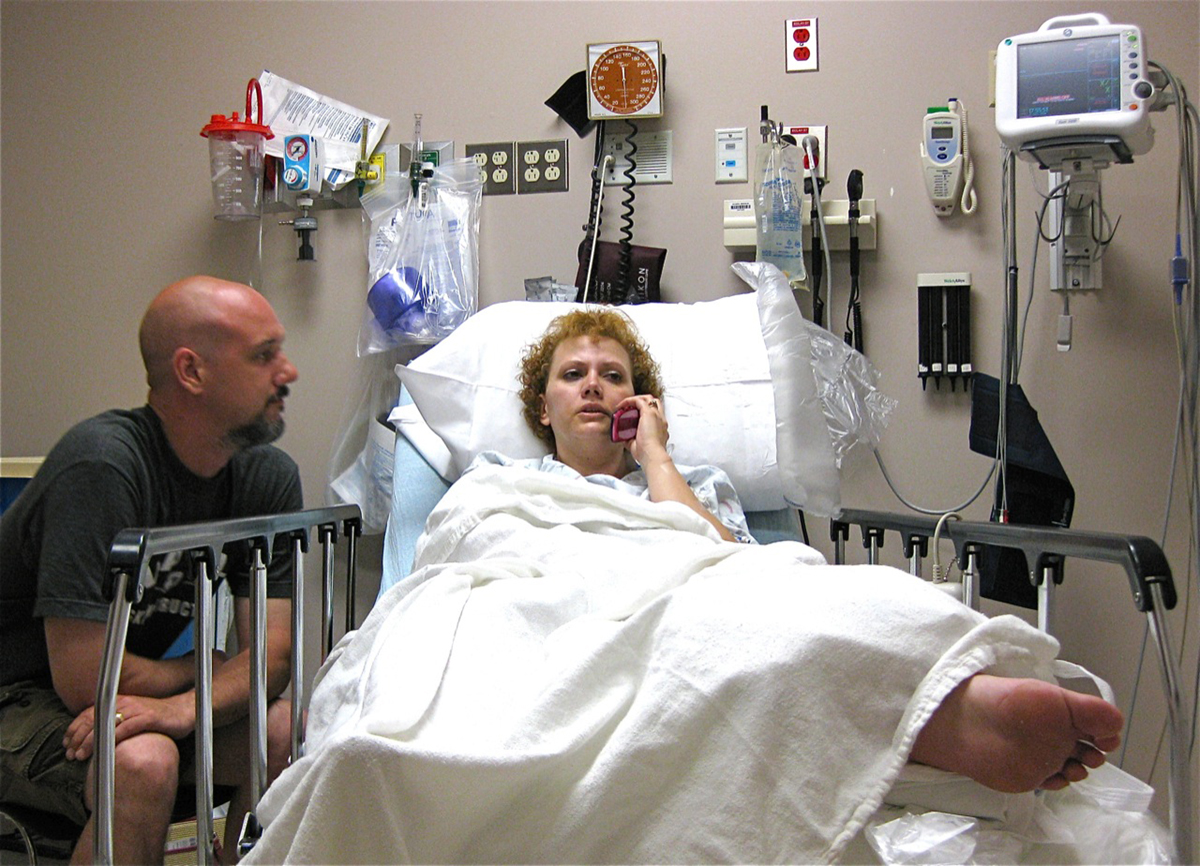Table of Contents
To find out how the Affordable Care Act has affected ER use, American College of Emergency Physicians invited 24,427 member physicians to complete a poll. About 2,000 did. Of those 2,000 emergency room doctors:
- 47 percent report a slight increase in the number of patients they see.
- 28 percent report a large increase in the number of patients they see.
- 41 percent are concerned that patients who come to the ER are still not able to get follow-up care anywhere else.
- 70 percent fear that their emergency departments are not equipped to handle any more patients.

In states that have rejected Medicaid expansion (making health insurance available for the working poor, not just the very poorest of the poor), new penalties for patients that have to come back to the ER after treatment have made the financial problems faced by hospitals even worse. Hospitals still have to provide care whether they are paid or not, but also have to pay a penalty if patients do not get appropriate follow-up care. The writers of the Affordable Care Act failed to anticipate that many states would reject hundreds of billions of dollars of federal assistance to care for patients only in order to object to President Obama.
When Massachusetts adopted a system of coverage very similar to Obamacare, providing health insurance to nearly the entire population, death rates actually went up. People who were used to going to emergency rooms for their medical care suddenly had the option of seeing a regular doctor for an affordable fee. As a result, they put off getting treatment for conditions that had been neglected for years or even decades and at least for a few years, death rates went up by as much as 12 percent.
When Oregon ran a pilot program of Medicaid expansion, making it possible for many more people to get insurance, emergency room use went up rather than down. Some detractors of the Affordable Care Act opined that this was due to the "laziness" of "poor people," and took this result as a justification for denying care to the working poor in their own states. However, another explanation is that the working poor of Oregon took their obligation to pay their bills seriously. They did not want to incur emergency room charges that they could not pay. Once they had insurance coverage, they were not as hesitant to go to the ER when needed, because the cost of care had become affordable. They could pay their share when they had at least some insurance coverage.
READ Why Silver May Be Better Than Gold (Or Platinum) For Obamacare
If you have a medical emergency and you are in the United States, don't hesitate to go to an emergency room. No matter whether you have the ability to pay, you must be treated. Beware, however, of doctors who note that you are "unusually alert," or you have "declined treatment." These are ruses designed to deny you the care to which you are legally entitled. Be especially careful not to allow do-gooders and would-be friends to go into the ER and say they are there to pick you up and take care of you, unless you are very sure they will. A would-be friend can make it impossible for you to get the medical care you need.
- Megan Brooks. Emergency Physicians Busier Than Ever Since ACA, Poll Shows. Medscape Medical News. 4 May 2015.
- Photo courtesy of MilitaryHealth via Flickr: www.flickr.com/photos/militaryhealth/7029695345
- Photo courtesy of MilitaryHealth via Flickr: www.flickr.com/photos/militaryhealth/7029695345
- Photo courtesy of CJ Sorg via Flickr: www.flickr.com/photos/cjsorg/2544337518


Your thoughts on this